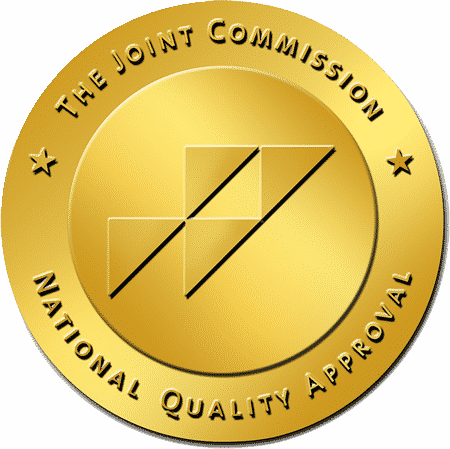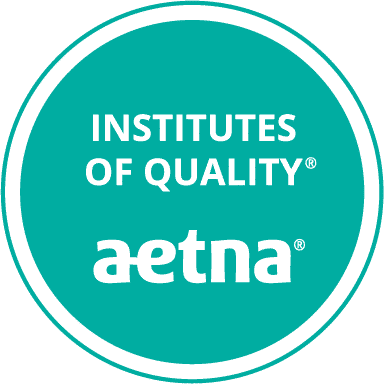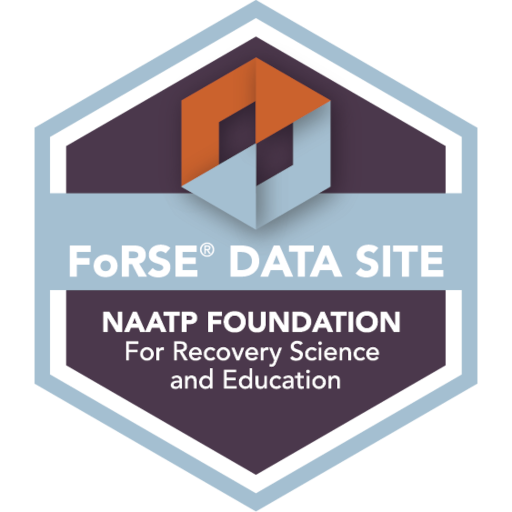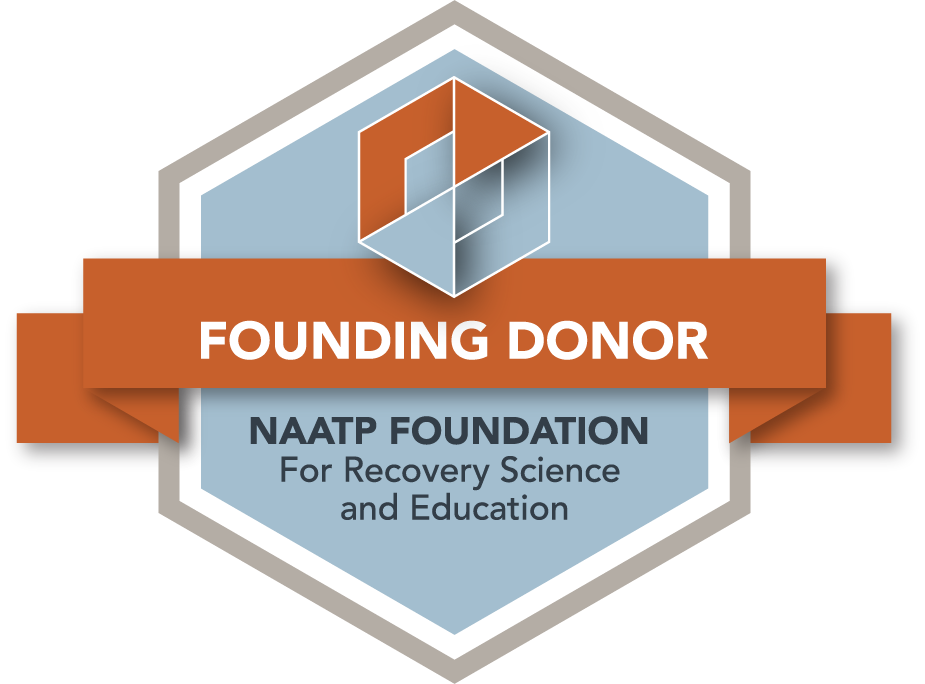Are you worried about someone you love using the dangerous club drug Molly, an illicit drug? Or perhaps taking the drug yourself? It’s essential to understand the drug and its risks so that you can help yourself or those in your life make informed decisions.
In this article, we will explore “What is Molly?” and detail its potential dangers. Our goal is to help guide concerned family members and anyone else dealing with addiction impacted by this drug onto a more positive path toward recovery.
What is Molly?
Often used in dance clubs, the drug called Molly, is also known as MDMA or Ecstasy. It is a synthetic psychoactive substance that significantly creates increased sense of awareness and alertness and alters the mood and perception of the person who has taken it. MDMA causes feelings of euphoria, increased energy, intimacy, and emotional warmth in users.
Often found in the vibrant scenes of parties and music festivals, MDMA use is a popular choice among young adults seeking an enhanced sensory experience. Typically sold as a powder or crystal, the effects of taking MDMA can last for several hours, making it a favorite in the world of party drugs. However, the exact composition of MDMA’s effects can vary widely, and it often contains a mixture of substances that bring increased risk and adverse reactions. This unpredictability makes taking MDMA particularly dangerous, as users can never be entirely sure of what they are ingesting.
Synthetic Drug Abuse
Molly, aka MDMA or Ecstasy, is a party drug created in an illegal laboratory setting. It is a synthetic drug with psychoactive and stimulant effects that can alter one’s mood, perception, and overall senses. Not all drugs sold as ecstasy contain pure MDMA; they often include harmful fillers or other unknown chemicals.
The Drug Enforcement Administration (DEA) has categorized Molly as a Scheduled I-controlled substance in the US. This means it has a high potential for abuse and no accepted medical use.
Molly is usually taken orally in pill form, capsules, or powder form. It may also be snorted, smoked, or injected. The pill comes in various colors with famous logos or cartoon characters stamped onto the outside.
According to National Institute on Health: Data shows that MDMA produces an acute and dose-dependent rise in core body temperature in healthy subjects. While many insist that it can produce pleasurable sensations and mild euphoria, it can also produce lasting physical effects and psychological implications to consider like heart rate, insomnia, anxiety, depression, and memory problems.
This is because MDMA (3,4-methylenedioxy-methamphetamine) increases certain chemical levels in the brain, such as serotonin, norepinephrine, and dopamine. Long-term effects and abuse of MDMA can cause an imbalance of these brain chemicals, leading to altered moods, changes in cognitive function, and other issues.
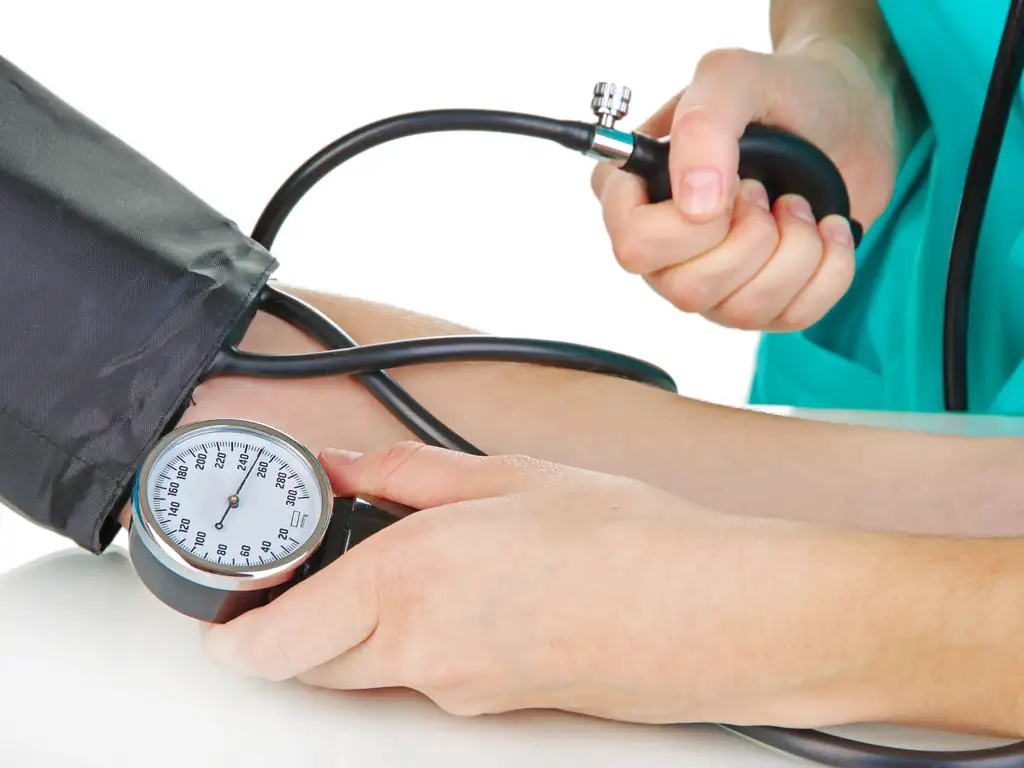
Side Effects of MDMA
The side effects of using Molly are typically temporary and last four to six hours after ingestion. Not all the effects of Molly are predictable, especially since it can contain other unwanted drugs or chemicals. Several factors depend on the severity of side effects, such as the amount taken, a person’s body chemistry, age, and tolerance.
Physical and mental side effects of this synthetic substance include:
- Body temperature
- Sweating
- Nausea
- Jaw clenching and teeth grinding
- Muscle cramps
- Restlessness
- Increased heart rate
- High blood pressure
- Hallucinations, paranoia, or anxiety
- Impaired judgment and problems remembering
- Depression, confusion, or panic attacks
- Increased libido
- Euphoria
- Aggression
- Sleep problems
- Appetite suppressant
Tingling sensation, dilated pupils and blurred vision are also common side effects as well as dental problems. When taken with other drugs, such as prescription medicine, synthetic cathinones (bath salts), cocaine, or marijuana, the risk of prolonged side effects increases significantly. MDMA use can also lead to dangerous reactions when mixed with other substances and long-term health consequences.
In addition to the short-term risks posed by taking Molly, long-term risks are associated including:
- Depression
- Anxiety
- Memory problems
- Psychosis
- Addiction and dependence
- Heart problems
- Liver damage
- Stroke
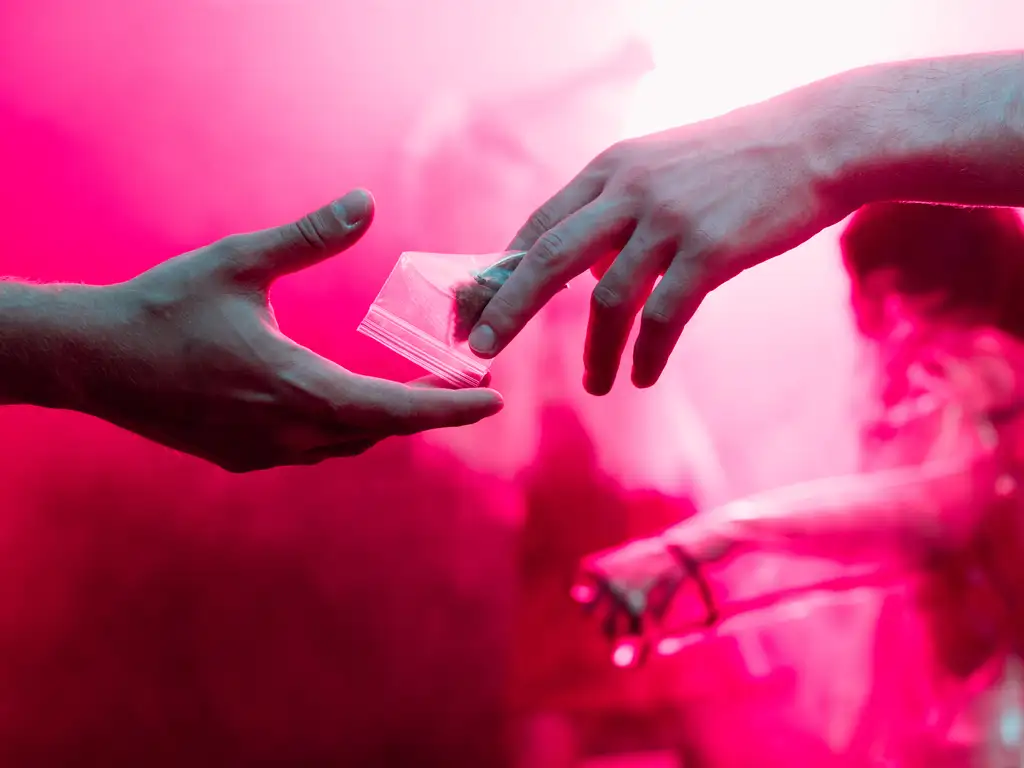
Risks of MDMA Use
Molly is dangerous because users never know what they’ll get when they take it. MDMA, also known as ecstasy, is the primary ingredient in Molly, but the composition of MDMA ecstasy pills can vary widely. It is often cut with other illegal drugs, such as methamphetamine, ketamine, cocaine, ephedrine, and bath salts. This increases the intensity of effects but also puts users in danger of health complications or even death.
Individuals with certain health conditions like epilepsy, heart disease, diabetes, kidney ailments, and mental or mood disorders can experience serious harm if they take ecstasy.
Who is Using Molly?
Molly is increasingly being marketed to young first-time drug abusers, particularly those between the ages of 12 and 17. It also remains a favorite among traditional rave and electronic dance music fans who may believe they are getting pure MDMA. According to the Drug Enforcement Administration (DEA), Molly is often sold as a “pure” form of MDMA, but in reality, it frequently contains a toxic mix of lab-created chemicals. These chemicals can lead to a range of negative consequences, including increased heart rate, blood pressure, and body temperature, as well as hallucinations, psychosis, and seizures. The deceptive marketing and dangerous composition of MDMA make it a significant risk for young and inexperienced users.
The Illicit Market
The illicit market for Molly and other synthetic drugs is a growing concern. The DEA has reported that nearly all the chemicals in MDMA and other synthetic drugs originate from laboratories in China, where they are manufactured with no regard for user safety. These chemicals are then sold online and often cut with other substances before reaching consumers. Since 2009, the DEA has identified over 200 individual chemical compounds used in these drugs, with 80 new compounds emerging since 2012. As soon as one compound is discovered and banned, another is created to take its place, making it difficult for law enforcement to keep track of all the chemicals. This ever-evolving landscape of synthetic drugs means that MDMA users can never be sure of what they are taking, significantly increasing the risk of harmful effects and the need for immediate medical attention.
Withdrawal Side Effects
It is possible to experience symptoms of withdrawal when trying to quit MDMA. Physical and psychological issues can occur when the brain has become used to the drug’s effects and then suddenly stops taking them. Withdrawal symptoms from MDMA can last a week after use, affecting mood and cognition. Withdrawal symptoms from MDMA can include depression and difficulty thinking clearly.
Common withdrawal for MDMA users include:
- Depression
- Anxiety
- Insomnia
- Agitation
- Decreased appetite
- Problems with memory
- Irritability
- Fatigue or exhaustion
- Cravings for the drug
Prolonged symptoms can linger for months after someone discontinues Molly’s usage. Therefore, it is suggested to seek medical assistance if you want to quit taking the drug.
Signs That You or Your Loved One Have a Problem with Molly
Just like other substances, it’s possible to become addicted to MDMA. If someone is taking Molly more than once a week, there could be an underlying addiction issue that needs to be addressed. The signs of an addiction include:
- An intense craving for the illegal drug
- Neglecting responsibilities due to use
- Engaging in risky behavior related to MDMA
- Continuing to use Molly despite physical or psychological problems
- Spending a lot of money on the drug and neglecting bills
- Frequent intoxication using drugs such as Molly or Ecstasy or a combination to include pills, alcohol, amphetamines, and stimulants
Other behaviors that point to addiction include lying, social isolation, stealing or borrowing money to buy Molly, and taking significant amounts of the substance.
MDMA Addiction Treatment Options
Fortunately, addiction to dangerous synthetic drugs such as Molly can be overcome with the help of available treatments. Listed below are the primary treatment methods to address a dependency on MDMA:
- Detoxification: Detox allows individuals to rid their bodies of residual toxins from the drug. It’s a necessary step toward full recovery and should be monitored by medical professionals.
- Medications: Certain medications can reduce the intense cravings associated with withdrawal symptoms. These include antidepressants, mood stabilizers, and sleep aids.
- Counseling: Addiction counseling, either individual or group sessions, can help individuals learn to manage their cravings and regain control over their lives.
- Rehab Programs: Rehabilitation programs provide a safe and supportive environment along with intense therapy and emotional support. Residential or outpatient programs can be tailored to fit an individual’s needs.
- Support Groups: Support groups are an invaluable asset to those recovering from addiction, creating a protective atmosphere where everyone can express themselves truly and openly without apprehension of criticism or condemnation.

La Hacienda Treats MDMA Addiction
Choosing the ideal addiction treatment center for your recovery depends on carefully evaluating which facility provides the best care for your situation.
Certain factors need consideration when searching for a suitable facility:
La Hacienda offers specialized groups based on each person’s needs. For example, we offer trauma therapy, cognitive behavior therapy, relapse prevention, and support groups for patients who have to meet licensing or certification standards, such as pilots, doctors, and teachers.
La Hacienda is situated on 40 beautiful acres in the Texas Hill Country. We have our own swimming pool, gym, ropes course, cafeteria, bookstore, and walking trails.
La Hacienda Addiction Center is in-network with most major insurance companies. If your insurance is not applicable, our admissions staff will help you find a treatment program that is covered by your insurance.
Continuing care staff help patients formulate a discharge plan to include services needed including intensive outpatient care, sober living, and referral to other professional treatment options. La Hacienda also has alumni groups throughout Texas, and online support groups meet weekly.
La Hacienda also has a team of doctors on campus seven days a week who meet with patients daily. Psychiatrists are available for virtual consultations and there is nursing care 24/7. There is also a psychiatric nurse practitioner on campus Monday- Thursday.
Final Thoughts
We hope this article has provided insight into Molly, from the withdrawal symptoms of people who use it to understanding the dangers and warning signs that someone you care about may be taking it.
Molly is a dangerous drug with the potential for life-altering consequences. Getting assistance for addiction to Molly is essential.
If you or someone you care about is ready to make a life-altering change, please call La Hacienda Treatment Center.
Our professional team will be with you every step of the way as you journey toward sobriety and long-term recovery. Don’t hesitate to contact us today for more information on how we can assist in your recovery!
Frequently Asked Questions about Molly
What is Molly?
Molly, also known as MDMA or Ecstasy, is a synthetic psychoactive drug that alters mood and perception. It is commonly used in party settings such as clubs and music festivals.
How long does Molly last?
MDMA’s effects usually last for 3 to 6 hours, depending on the dosage and individual metabolism. Users may feel down or experience a ‘comedown’ after the effects of MDMA wear off, which can last for several days.
Why is Molly considered dangerous?
Molly is considered dangerous because it often contains unknown and harmful substances mixed with MDMA. This unpredictability increases the risk of adverse health effects, including heart problems, increased body temperature, and even death.
What are the short-term effects of taking Molly?
Short-term effects of taking Molly can include increased heart rate, elevated blood pressure, sweating, nausea, jaw clenching, and heightened sensory perception. Users may also experience euphoria, increased energy, and emotional warmth.
Are there long-term effects associated with Molly use?
Yes, long-term effects of MDMA use can include depression, anxiety, memory problems, and addiction. Prolonged use can also lead to heart and liver damage, as well as increased risk of stroke.
Can Molly be addictive?
Yes, like other substances, Molly can be addictive. Users may develop a dependency, experiencing intense cravings and withdrawal symptoms such as depression and fatigue when not using the drug.
What should I do if someone has taken too much Molly?
If someone has taken too much Molly and is experiencing severe symptoms such as seizures, hallucinations, or a dangerously high body temperature, seek immediate medical attention. It’s crucial to ensure their safety and provide medical professionals with as much information as possible about what was ingested.
How can I help someone struggling with Molly addiction?
Helping someone with a Molly addiction involves encouraging them to seek professional treatment. Options include detoxification, counseling, and rehabilitation programs tailored to their needs. Support groups can also provide a valuable network for recovery.
Where do the chemicals in Molly come from?
The chemicals used to make Molly often originate from illegal laboratories, primarily in China. These chemicals are unregulated and can be mixed with other substances, making the drug’s effects unpredictable and dangerous. Only 13% of the Molly seized in New York contained any MDMA. The DEA reports that only 13% of Molly seized actually contained any MDMA
Sources:
https://www.justice.gov/archive/ndic/pubs3/3494/index.htm#What
https://nida.nih.gov/publications/drugfacts/mdma-ecstasymolly
https://edition.cnn.com/2013/11/22/health/9-things-molly-drug/index.html
https://www.dea.gov/factsheets/ecstasy-or-mdma-also-known-molly
https://kidshealth.org/en/teens/ecstasy.html
https://www.poison.org/articles/club-drugs-molly
https://www.camh.ca/en/health-info/mental-illness-and-addiction-index/ecstasy
https://www.talktofrank.com/drug/ecstasy#how-it-feels
https://www.betterhealth.vic.gov.au/health/healthyliving/ecstasy#risks-of-ecstasy-mdma
https://www.cnn.com/2013/11/22/health/9-things-molly-drug/index.html
